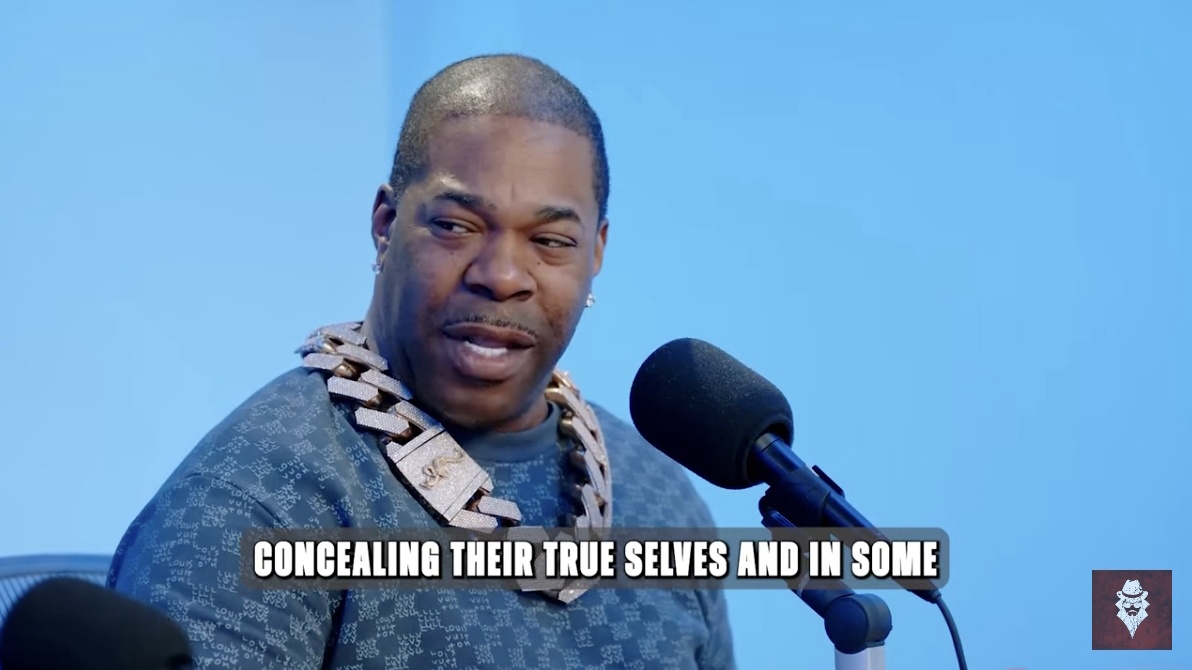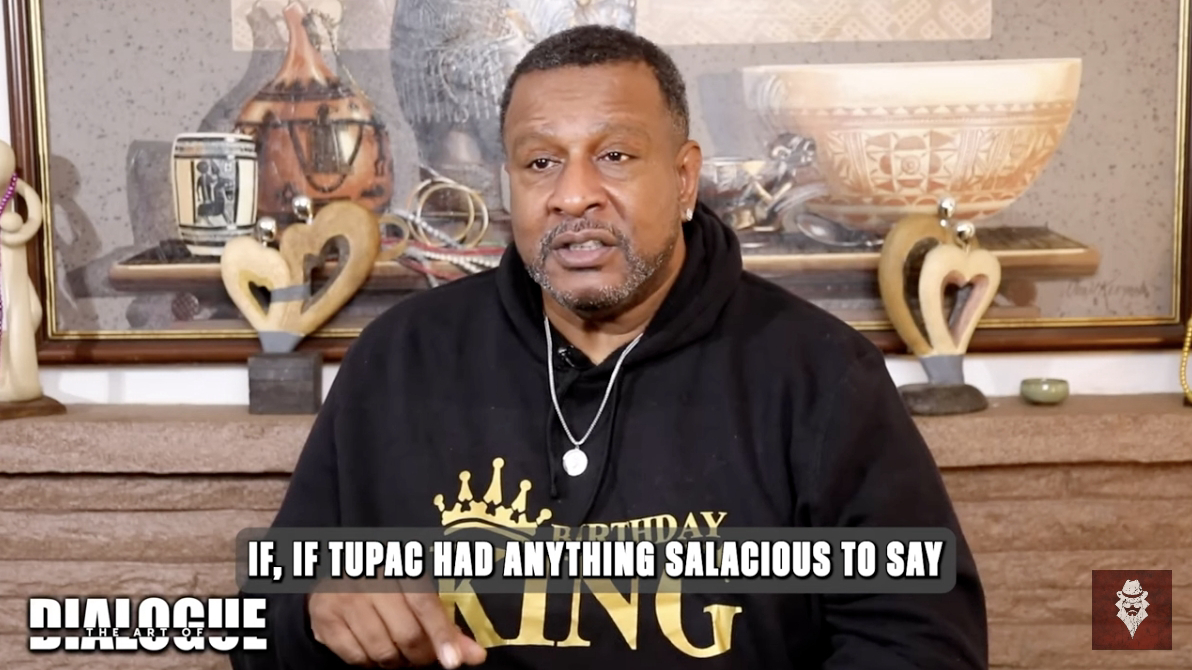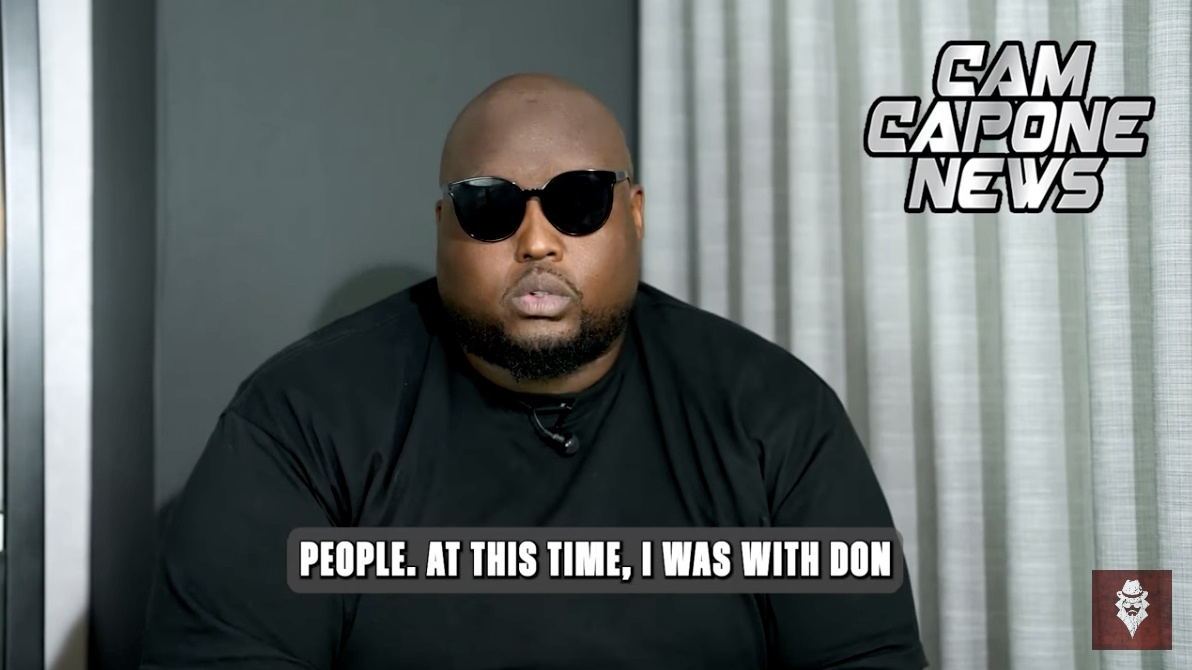Busta Rhymes, one of hip-hop’s celebrated icons, is now at the center of a whirlwind of allegations that reveal a vastly different side to his public persona. Claims about his personal lifestyle have emerged, particularly around his actions within VIP sections, and these accounts are being corroborated by former bodyguards and associates. Recently, the claims were reignited after Orlando Brown and others shared stories suggesting Busta’s interactions often blur professional and personal boundaries. The speculation surrounding Busta touches upon a broader conversation about masculinity, image, and secrecy within the hip-hop industry.

One former bodyguard recalled an incident where Busta supposedly insisted on bringing a young man into his VIP section, an encounter that left some questioning his intentions. “It’s common knowledge,” he said, “if you’re in the industry mix.” He added that he’d long observed a pattern of behavior in Busta’s interactions, often favoring male company over female fans in VIP settings.
These comments have raised questions beyond mere orientation; they highlight an environment in which many artists maintain rigid personas, concealing aspects of their identities to protect their reputations. Despite hip-hop’s tough exterior, stories like these suggest that some artists feel pressured to sustain a “hard” image, fearing backlash if they reveal their true selves.

Historically, any whisper of a closeted lifestyle in hip-hop would incite fierce repercussions, as seen in the case of Wendy Williams. In the 2000s, Williams allegedly exposed a list of “DL” rappers, including Busta Rhymes and Diddy, highlighting the hidden facets of the industry. Her revelations didn’t come without consequence; she faced backlash, reportedly from powerful figures, who allegedly sent artists to intimidate her outside her studio. For a community that prizes authenticity, concealing parts of one’s identity seems paradoxical, yet artists like Busta continue to navigate these constraints.

Busta’s encounters with fans have also spurred controversy. Recently, two construction workers approached him for a photo, but the exchange escalated, leading Busta to allegedly strike out. The fan later reported feeling threatened, highlighting Busta’s unpredictable reactions when his privacy is breached.
In hip-hop’s male-dominated world, where heteronormativity reigns supreme, any deviation from the stereotypical “tough guy” image is often scrutinized. For artists, breaking this mold could risk their careers and fan bases. Yet as society progresses and the music industry diversifies, perhaps the pressure for artists to conform will ease, allowing them to be open about who they are without fear.

The Busta Rhymes saga is emblematic of the challenges faced by hip-hop artists living dual lives. Although the public awaits more concrete proof regarding the rumors, one truth remains: the music industry, with its many layers and complexities, often hides far more than it reveals.





